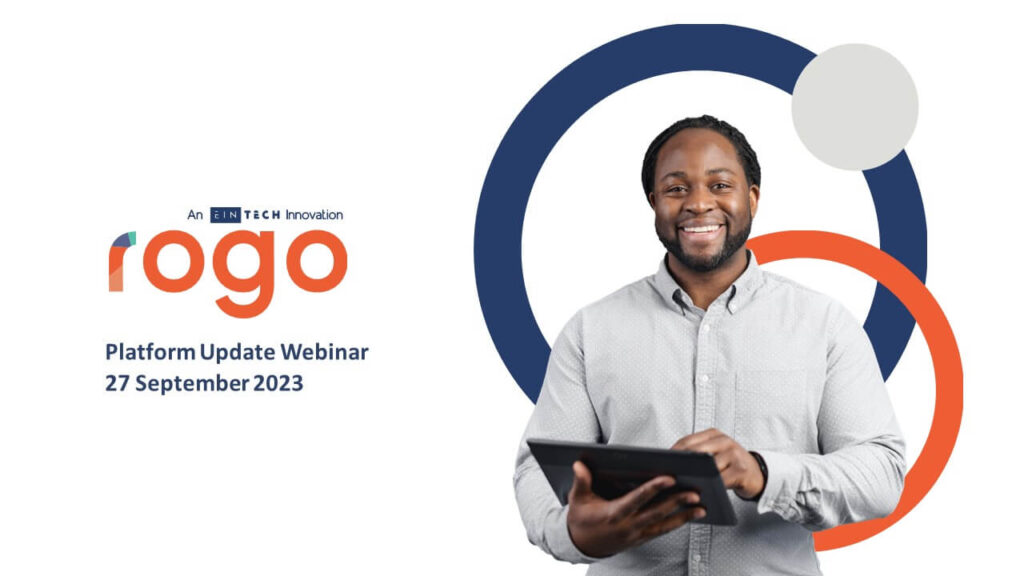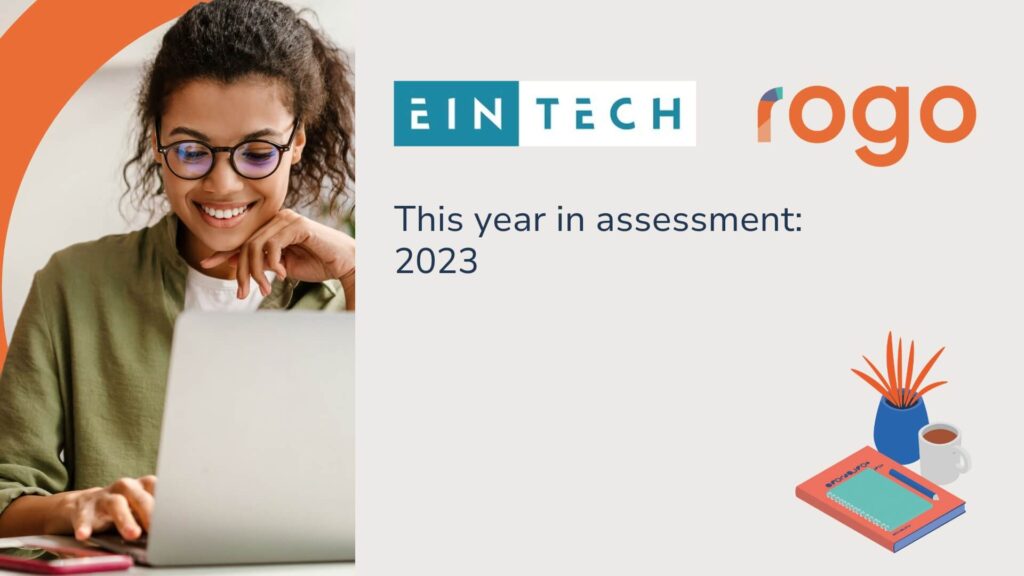In 2019, the global Edtech sector was estimated to be worth $200bn. And, as the COVID-19 pandemic accelerated market growth even further, the global eLearning market is now set to be worth $400bn by 2026. Although there is no denying that there is a level of personalised support that comes with face-to-face learning, students who are undertaking their studies online can benefit from 24/7 support as well as unlimited access to tutors. So, as the global EdTech continues to grow, how can students make the most of eLearning by using their software as a constant mentor?
Around-the-clock support
Undertaking academic training online could be considered one of the more effective ways to learn, as students have access to 24/7 support. Unlike in classroom-based learning, students who might find it difficult to attend class at certain times or schedule regular office hours to ask for help have the added benefit of accessing the support they require at any time of day. This is especially true for employee learning and busy working professionals, as the flexibility of being able to learn online allows them to work in a way that suits them.
Another added benefit of eLearning for those undertaking professional qualifications is the ability to alter course lengths and access dates to suit those in full-time employment, who may have limited free time to study. Online learning also promotes individual learning as it allows students to choose the speed at which they complete their tasks, depending on how challenging a module is. This allows for a more personalised, skill-based approach and reduces the likelihood of some students stagnating – or, indeed, struggling to catch up – due to average classroom learning speeds. Additionally, it seems that organisations making eLearning a permanent option for their students will enjoy longer term benefits, as research has shown that online courses are associated with higher retention rates than their in-person counterparts.
Automation
Remote learning was not considered by many to be a viable option for many course providers prior to the COVID-19 pandemic. However, the onset of home learning and working grew the UK EdTech sector by 72% in 2020 alone, and many course providers are choosing to keep their eLearning platform as a permanent option for flexible study. For these providers, automation has played a major role in helping to streamline the eLearning experience for their students and tutors alike.
With multiple deadlines and course dates to remember, it can be easy for students to feel overwhelmed and stressed with so much information. However, automation can help to keep students engaged and on track with just the click of a button! Automated nudges, diary reminders, and scheduled emails can help to keep students up to date, enabling them to receive information as and when they need it.
Event triggers and deadline reminders can also help to keep students on track and engaged with their course, helping to keep retention rates high whilst reducing workload. eLearning automation features are also able to offer personalised feedback and study support, so students can trust that they’re receiving sound advice.
And, for those students who may be unfamiliar with the concept of eLearning, the onboarding process can also be automated – enabling them to feel welcomed and supported, regardless of their location. Here at Rogo, our easy-to-use online registration and payment automations means that you can streamline your onboarding processes without lifting a finger.
Artificial intelligence
Trending in just about every industry, it’s no surprise that AI has become an essential tool for the EdTech sector. For both online learning and assessment platforms, machine learning offers a streamlined and optimised marking tool for assessors, which in turn has helped them to consolidate their workloads while providing students with a positive online learning experience as they are able to receive feedback in a more timely manner.
Artificial intelligence tools don’t just have to be used for short-form or multiple choice questions either. AI can also ‘read’ and assess long form answers to questions, meaning students can make the most from their digital learning experience without having to obtain physical question papers from their tutors.
The verdict
Unlike classroom-based learning, students are able to access support via their eLearning platform at any time of day. This level of access is great for students who need extra help, keeping students engaged and retention rates high. Also, students are able to access education videos and interactive files, meaning they work through their course material in a variety of interactive formats.
Comprehensive programme tools also mean that students can keep track of their progress at all times, something that wouldn’t be possible in a physical classroom environment. Overall, students are able to use their digital training platform to their advantage as they can access around-the-clock support – a particularly important benefit to busy, working professionals.
Want to find out more about how Rogo can help enhance the learning experience for your students? Get in touch with our team of experts.


